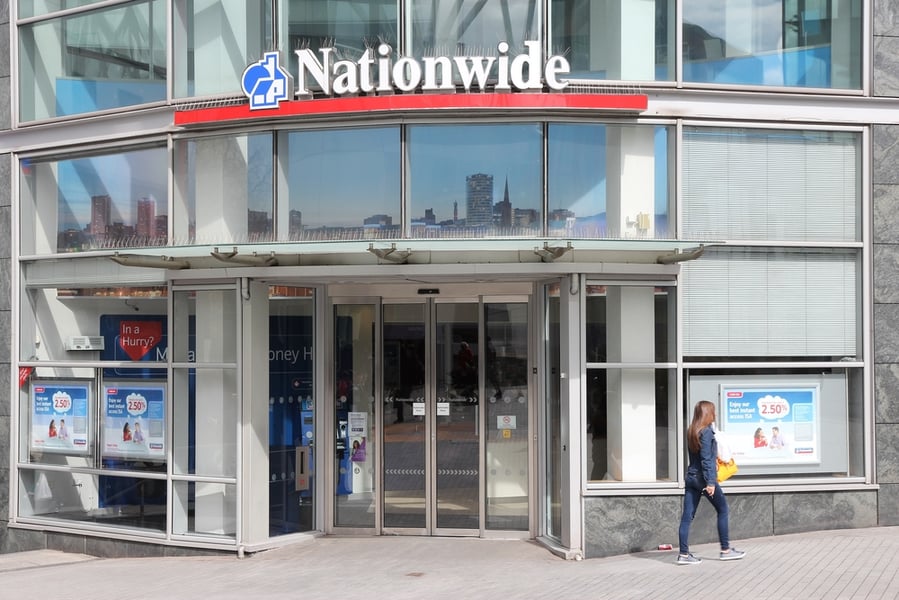growth between 1% and 1.5% is expected

House price growth will stand between 1 and 1.5% in2018 and 2019 annually, Nationwide’s chief economist Robert Gardner has predicted.
He was responding to today’s edition of Nationwide’s House Price Index, which revealed that annual house price growth slowed to 2.6% in 2017, down from 4.5% the year before.
Gardner said: “We continue to expect the UK economy to grow at modest pace, with annual growth of 1% to 1.5% in 2018 and 2019.
“Subdued economic activity and the ongoing squeeze on household budgets is likely to exert a modest drag on housing market activity and house price growth.
“Overall, we expect house prices to record a marginal gain of around 1% in 2018.
“Over the longer term, once the economy regains momentum, we expect house prices to rise broadly in line with earnings (around 3-4% per annum), though if the rate of house building fails to keep up with population growth, prices may outpace earnings once again, as they have in recent years.”
Nationwide’s index also revealed significant regional disparities in house price growth.
The West Midlands was the region with the highest house price growth in 2017, with prices rising by 5.2%.
Other strong performing areas were the South West (4.8%) and the East Midlands (4.6%).
The only area where they fell was London, where they dropped by 0.5%.
Jeremy Duncombe, director of Legal & General Mortgage Club, said: “Although 2017 ended with an annual rise in house prices, the market is in a much healthier position than previous years.
“House price growth is now more or less in line with inflation and the recent exemption of stamp duty for first-time buyers, is very welcome news for those looking to buy in 2018.
“We expect to see house price inflation remain steady at the current levels, allowing first-time buyers to take their first step onto the property ladder."
Jonathan Samuels, chief executive of property lender, Octane Capital, was also positive about the softening house price growth.
He said:“2018 is likely to be a mirror image of 2017, with the property market held back to low single digit growth by no end of political and economic uncertainty.
"But longer-term, this will be to the benefit of the market as a whole.
"The fact that it takes roughly eight years for the average buyer to save for a deposit, and 10 in London, underlines the affordability crisis many people face.
"Saving for a deposit, in a low interest rate and wage growth environment, is nothing short of brutal.”
Many commentators remarked on the extent to which London has slowed down.
Samuels added: "How the mighty have fallen. Not so long ago it would have been inconceivable for London to have been the only region not to have delivered positive returns in a calendar year.
"It's been 13 years since London was last the weakest performing region, and the capital will certainly feel unlucky.
"London, without doubt, has been a victim of its own success. Prices reached absurd highs and it is now paying for its irrational exuberance.”
Ewen Bunting, head of sales at independent estate agents James Pendleton, said: “December may have ended with celebrations but no one will be punching the air at London’s performance last year. The capital’s final lap of 2017 was more sparkler than fireworks.
“However, the first fall in prices in the capital for eight years was an early Christmas present for first-time buyers, as affordability and Brexit remain major issues.”
And Jeremy Leaf, north London estate agent and former RICS residential chairman, said: “There is no doubt that prices are softening in many parts of London as sellers appreciate that first-time buyers in particular are finding it difficult to raise deposits and meet lending criteria, although there is no sign of any larger or more substantial fall in prices at present.
“The year has started quite promisingly in terms of new enquiries and valuations but we don’t expect to see any fireworks in terms of what happens with property prices, certainly in the first few months of 2018.”



